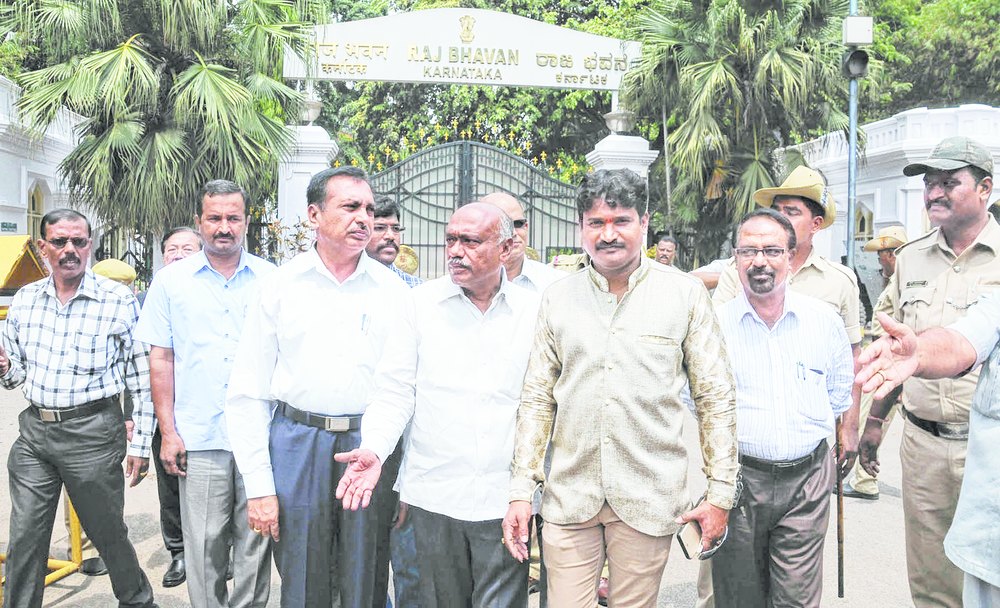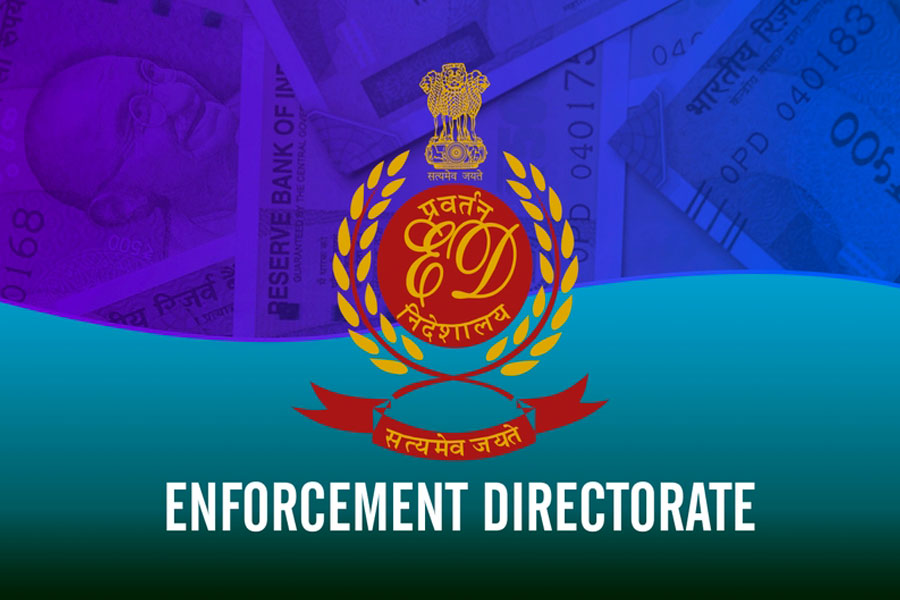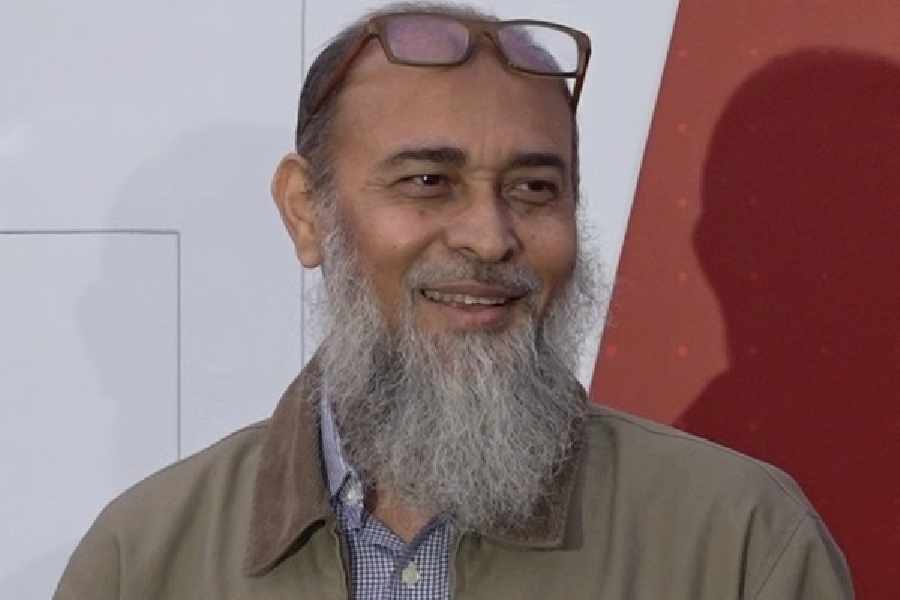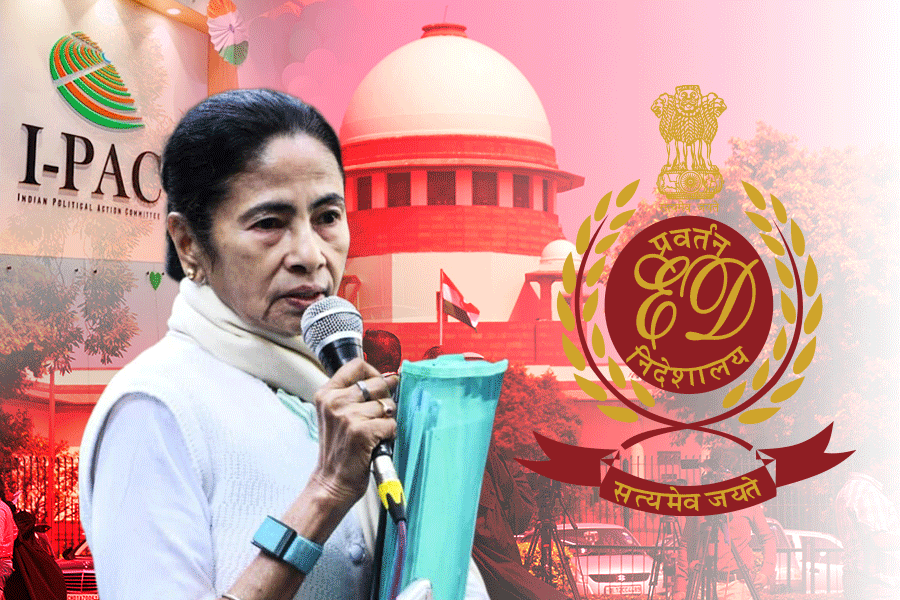
Bangalore, April 15: Pavithra Naik, a Tamil-speaking Bangalorean and history graduate, is married to Praveen Naik, a Konkani born in Karwar in coastal Karnataka.
While her husband speaks four languages, Pavithra is fluent in her mother tongue Tamil, the local language Kannada and English besides having a smattering of Telugu. But her children know only English.
"It's English books, English movies and English music for them," she said. "Living in Bangalore, we didn't force them to learn our mother tongues."
But with the state government planning to outlaw English as the medium of instruction till Class V, Pavithra is worried. Her son will enter Class IV and her daughter Class II when the new school year starts in June.
Under the Right to Education (Karnataka Amendment) Bill, a child's medium of instruction till Class V must be Kannada or her mother tongue.
Robert Khin, the principal of Bethany High School, said it would be "impossible" to offer each child the possibility of being taught in her mother tongue.
Karnataka's schools now teach only in Tamil, Malayalam, Telugu and Marathi apart from English and Kannada, so the children of speakers of Hindi, Bengali or Manipuri, say, will be forced to study their subjects in Kannada till Class V.
Also, under the Kannada Language Learning Bill, 2015, it will be compulsory to learn Kannada as one's first or second language from Classes VI to X.
Both bills passed in the state legislature a fortnight ago and await the governor's nod. Later, the RTE amendment bill will be sent for presidential assent because it attempts to amend a central act, the Right to Education Act.
Pavithra faces a double whammy. Neither do her children know their mother tongue, nor are they proficient in Kannada, now taught as a non-compulsory language subject in most English-medium schools in the state.
Bangalore being a cosmopolitan city, one can survive here without the local language - or any Indian language, for that matter.
But mothers like Pavithra aren't the only ones worried: many parents who know only Kannada too share her despair.
Nagarathnamma, a housemaid from Bangalore's eastern Indira Nagar neighbourhood, had only one objective when she enrolled her second son in a private English-medium school.
"I don't want him to be like me," said the Tamil speaker in her early 40s who works for three households seven days a week.
"No English, no money," she added. "My elder son studied Kannada till Class VII and he's now a motor mechanic."
She is now worried for her nine-year-old younger son.
Raju S, a sales assistant at a motor vehicle dealership, said his children spoke both English and Kannada. "But if they are forced to study in the Kannada medium they will lose the advantage they have now," he said.
He believes it would be difficult to attain fluency in English if the language becomes the medium of instruction only from Class VI.
Schools protest
The private schools have opposed the state government's move and accused it of going against the Constitution by amending a central law.
Constitutional lawyer G.R. Mohan told this newspaper the state may have decided to try its luck since education is on the concurrent list.
"No law made by Parliament can be amended by the states, and I don't recall Karnataka amending any other central act ever," he said. "I doubt this will stand scrutiny when it goes for presidential assent."
The state is unfazed. Congress chief minister P.C. Siddaramaiah has declared he would get all the states to endorse the amendment and force the Centre to accept the policy.
Although the state's minister for primary and secondary education, Kimmane Ratnakar, had told the legislature the RTE amendment bill would cover only state board schools, other schools are concerned.
M. Srinivasan, president of the Management of Independent CBSE Schools Association of Karnataka, said the new law would eventually bring all schools within its ambit.
"The minister said something, but the bill says 'all schools' would be brought under the policy," he said.
Ratnakar could not be reached as he was touring his home district of Shimoga. Repeated calls to his personal staff travelling with him went unanswered.
A delegation from schools affiliated to the state board, Central Board of Secondary Education and the board that holds the Indian Certificate of Secondary Education met governor Vajubhai Vala on Monday to protest the government's move.
Shashi Kumar, general secretary of the Karnataka Private Schools Management Federation - a grouping of state board private schools -said the governor "gave us a very patient hearing".
"He said he would not accept any bill if it was against the fundamental rights," Kumar said.
Kumar is not worried about the Kannada Language Learning Bill. "Most schools are already teaching Kannada as the first or second language. It's the RTE amendment we are opposing," he said.
One more concern the schools and parents like Pavithra have is the lack of clarity on how the transition from English to Kannada will be made in the higher primary classes.
For instance, how will Pavithra's son study all his Class IV subjects in Kannada when he has to learn the language right from the alphabets?
The schools believe the switch will yank up the demand for private tutors.










